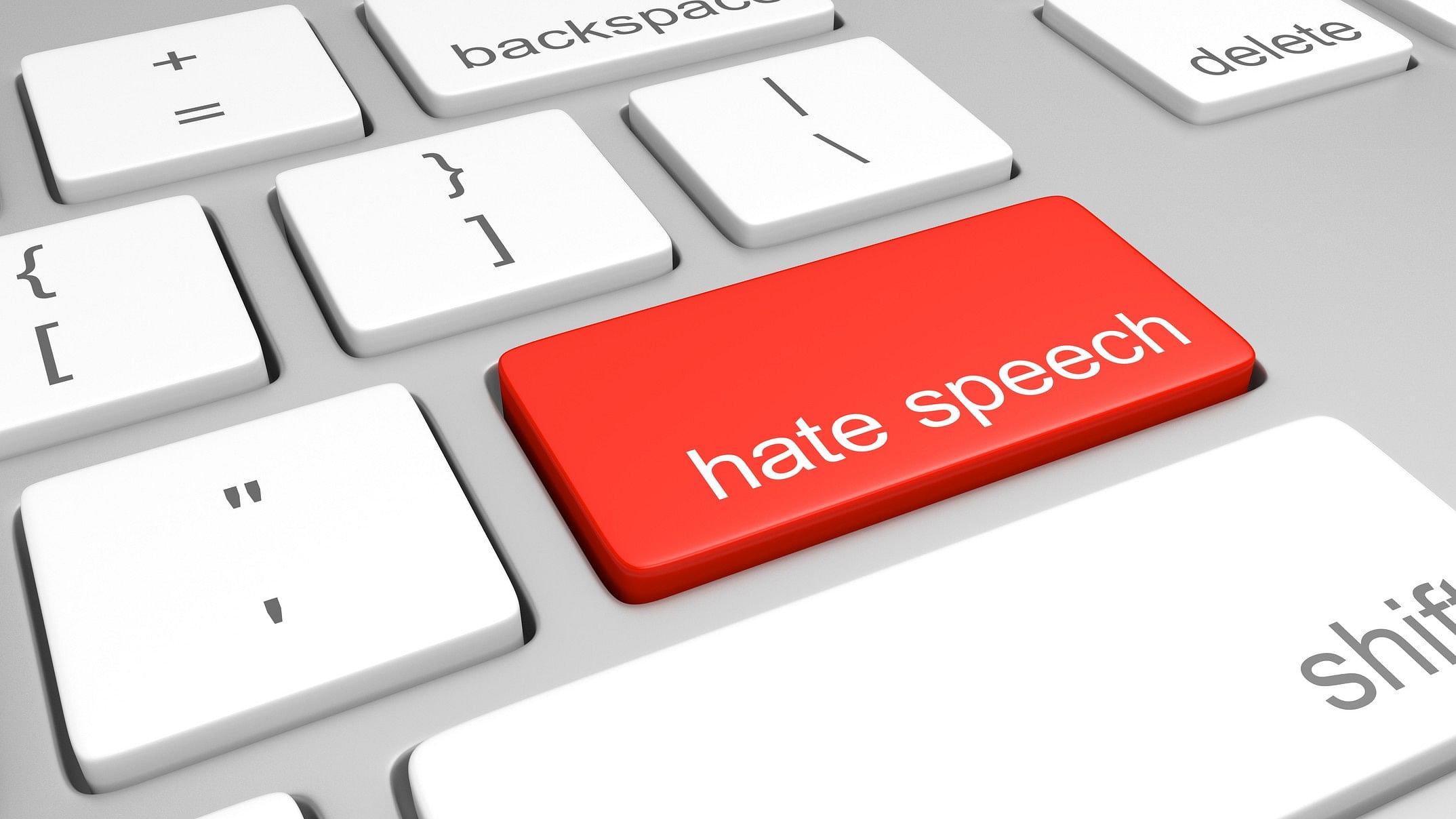
Leaders involved in such hate speech degrade individuals and communities, causing emotional harm besides precipitating exclusion.
Credit: iStock Photo
The Lok Sabha election campaign has become a ruthless battleground devoid of civility, decency, and empathy. Public discourse has plummeted, marked by verbal assaults, crude jabs and divisive rhetoric. The prevalence of aggressive language has eclipsed any chance for meaningful discussion. It’s concerning if those behind such inflammatory remarks grasp the impact of their uncouth behaviour. While past leaders have indulged in vitriol and incitement, today’s distinct feature is the widespread competition among politicians to excel in negativity, disregarding the disgrace it brings to their office.
Leaders involved in such hate speech degrade individuals and communities, causing emotional harm besides precipitating exclusion. Unfortunately, Prime Minister Narendra Modi’s recent speech in Rajasthan epitomises this trend. It’s difficult to believe that these utterances stem from ignorance. Instead, it reflects their apathy to its harmful psychological impact on the targeted group. For electoral mileage, politicians exploit religion unashamedly. It’s distressing that hate speech against communities persists without consequence, with some even glorifying it.
The United Nations Strategy and Plan of Action on hate speech offers a comprehensive definition of hate speech: It encompasses “any form of communication, in speech, writing or behaviour that attacks or employs derogatory or discriminatory language targeting an individual or group based on their inherent characteristics such as religion, ethnicity, nationality, race, colour, descent, gender or other identity markers.” Additionally, scholars classify hate speech as falling under any of the following four categories: Targeted vilification, diffuse vilification, organised political advocacy for exclusionary and eliminationist policies, and other assertions of fact or value that constitute an adverse judgement on an identifiable racial or religious group. Regrettably, many of our top political heads are guilty of these transgressions.
Hate speech affects everyone: Individuals, communities and societies. By perpetuating stereotypes and fostering scapegoating, it exacerbates existing issues and fails to address the underlying problems. It corrodes attitudes and may desensitise individuals to acts of cruelty. Most significantly, hate speech inflicts various forms of violence. The World Health Organisation (WHO) defines violence as “the deliberate use of physical force or power, threatened or actual, against oneself, another person, or a group or community, resulting in or likely to result in injury, death, psychological harm, maldevelopment, or deprivation.” Seen through this lens, it is evident our leaders continue to inflict various forms of violence on specific communities — emotional, psychological, spiritual, cultural and verbal.
Numerous factors drive individuals to engage in hate speech. Genuine belief in a particular political ideology coupled with animosity towards specific communities is one. A lack of knowledge, exposure and appreciation of diverse perspectives is another. For some, it’s a thrill-seeking pursuit, deriving perverse pleasure from others’ suffering. Others may see themselves as guardians of institutions like the nation or religion, advocating for the expulsion of perceived outsiders or infiltrators. Retaliation is another motive, driven by a desire to right perceived wrongs or seek vengeance for past grievances. Then, some perceive themselves as crusaders, taking extreme measures to safeguard their interests and eradicate rival races or religions that oppose them. Factors such as financial resources, authority, power, control over systems and public support can further incentivise hate speech incidents.
Regulating hate speech
The prevalent response to hate speech often involves its normalisation as an unavoidable facet of contemporary political discourse. This is also due to its widespread occurrence, leading many to believe that strict measures would implicate nearly everyone. However, adopting such a complacent attitude only serves to aggravate the issue. Moreover, a tendency exists to downplay the inherent dangers of hate speech by disguising it as academic or political debate. This dangerous trend legitimises and normalises hate speech within our political conversations, disregarding its dangers. In a society rife with oppression, inequality and social disorder, the repercussions of this normalisation are ominous.
An effective legal framework is essential for addressing hate speech, but it must be robust enough to address even potential harm. However, beyond legal measures, proactive initiatives are imperative , including vigilant monitoring of its harmful impacts, fostering awareness against disinformation and information literacy campaigns and mobilising civil society towards inclusivity and social justice. Ultimately, as a civil society committed to respecting and safeguarding the rights of all individuals, it is incumbent upon all to take concerted action against hate speech. Engaging in dialogue, education and advocacy can mitigate its harmful effects and promote a culture of tolerance and mutual respect. That, indeed, is the need of the hour.
(The writer is professor and dean, Christ Deemed to be University, Bengaluru)